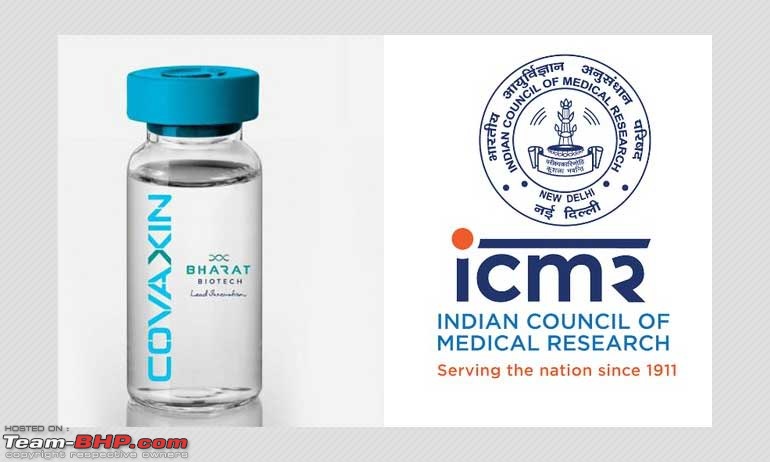| | #1 |
| Senior - BHPian | |
| |  (14)
Thanks (14)
Thanks
|
| |
| | #2 |
| BHPian Join Date: Mar 2007 Location: Bangalore / Boise
Posts: 937
Thanked: 1,518 Times
| |
| |  (2)
Thanks (2)
Thanks
|
| | #3 |
| BHPian Join Date: Dec 2005 Location: bang
Posts: 900
Thanked: 3,282 Times
| |
| |  (8)
Thanks (8)
Thanks
|
| | #4 |
| BHPian Join Date: Aug 2014 Location: DEL, SFO
Posts: 951
Thanked: 2,965 Times
| |
| |  (1)
Thanks (1)
Thanks
|
| | #5 |
| BANNED Join Date: Apr 2011 Location: Dubai/Bengaluru
Posts: 3,950
Thanked: 12,179 Times
Infractions: 0/2 (11) | |
| |  (10)
Thanks (10)
Thanks
|
| | #6 |
| BHPian | |
| |  (2)
Thanks (2)
Thanks
|
| | #7 |
| BHPian | |
| |  (5)
Thanks (5)
Thanks
|
| | #8 |
| BHPian Join Date: Nov 2019 Location: Toronto
Posts: 693
Thanked: 2,634 Times
| |
| |
| | #9 |
| BHPian Join Date: Apr 2019 Location: MAA-BOM-DEL-THN
Posts: 201
Thanked: 598 Times
| |
| |
| | #10 |
| Team-BHP Support  Join Date: Apr 2007 Location: Singapore
Posts: 9,567
Thanked: 14,538 Times
| |
| |  (1)
Thanks (1)
Thanks
|
| | #11 |
| Senior - BHPian Join Date: Sep 2004 Location: NCR
Posts: 3,590
Thanked: 3,483 Times
| |
| |  (2)
Thanks (2)
Thanks
|
| |
| | #12 |
| BHPian Join Date: Apr 2019 Location: MAA-BOM-DEL-THN
Posts: 201
Thanked: 598 Times
| |
| |  (2)
Thanks (2)
Thanks
|
| | #13 |
| BHPian Join Date: Jul 2014 Location: London | Mumbai
Posts: 233
Thanked: 1,198 Times
| |
| |  (16)
Thanks (16)
Thanks
|
| | #14 |
| BANNED | |
| |  (2)
Thanks (2)
Thanks
|
| | #15 |
| BHPian Join Date: Nov 2019 Location: Bangalore
Posts: 103
Thanked: 375 Times
| |
| |
 |
Most Viewed







 ) or using the most vulnerable group for the trial!). These are just my views on the COVID issue and hopefully providing these basic stuff doesn't become a major election manifesto. All the pharmaceuticals are in the rush for developing the vaccine and drug for vaccine and hopefully the come out with proper effective results.
) or using the most vulnerable group for the trial!). These are just my views on the COVID issue and hopefully providing these basic stuff doesn't become a major election manifesto. All the pharmaceuticals are in the rush for developing the vaccine and drug for vaccine and hopefully the come out with proper effective results. 